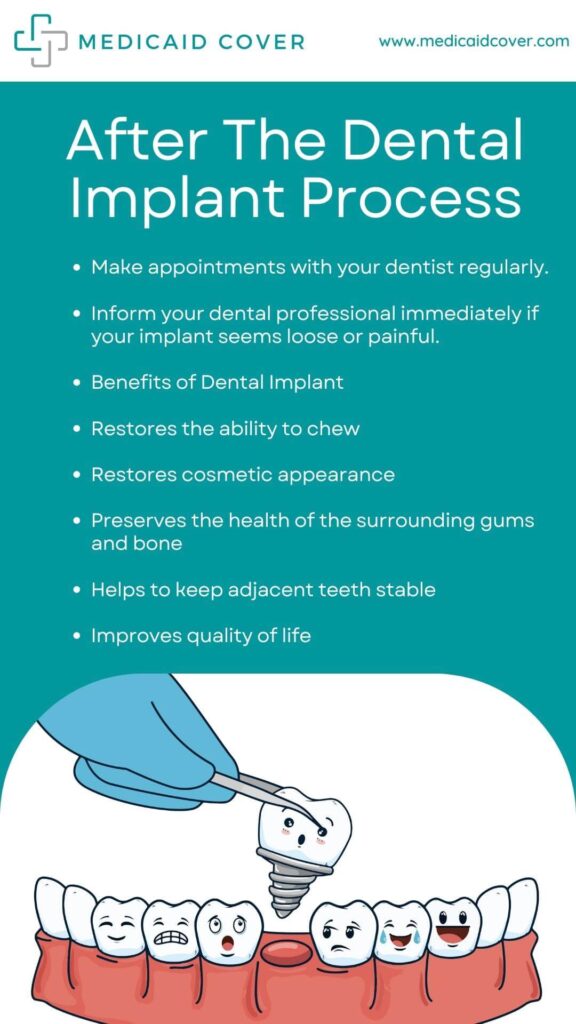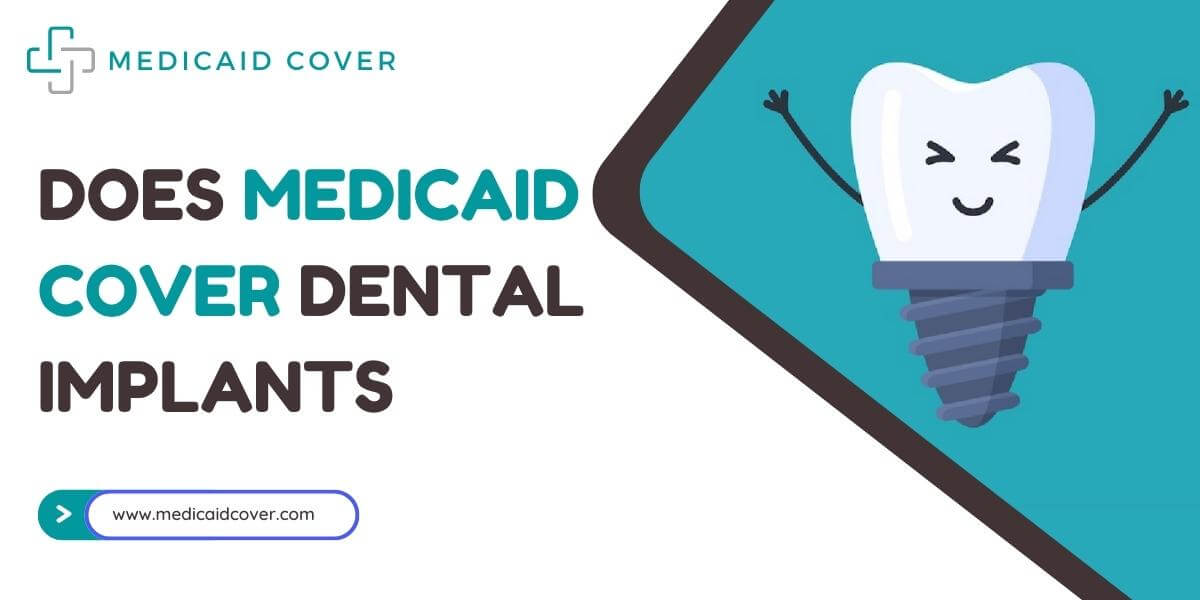Have you ever heard about dental care from any influencer on trendy social media? No right! So let’s share some insights on dental care, why it is essential, what it does and how it is crucial in one’s life. Medicaid does not just help you cure your health problems but is also here to guide you.
Who brushes thrice in a day? To be honest, if we brush at once, we consider it a task that has to be completed in the morning.
We have become the champion of laziness and procrastinator, right? But we got extremely energetic when we heard about parties and clubbing. And not just our routine gets messed up, but it also affects our lifestyle and eating habits at a major level; modern technology and Medicaid is all here to support you in a hard time, just like your best friend. Read more to know more………
We all knew that half of the world’s population is Sugartooth, addicted to coffee, and crazy for sour and spicy tastebuds, right? which one are you? We need a change in our tastebuds, like the filter on any social media application, which keeps changing within seconds, but we also need to see its repercussions on our health and oral care.
What Is Dental Implant Surgery?
Dental implant surgery is a procedure which replaces missing or damaged teeth with artificial teeth that look and function like real teeth, as well as dental roots with metal, screw-like posts. The cost of dental implant surgery may be high.
An option where the absence of natural tooth roots prevents dentures or bridges from replacing missing teeth, as well as a welcome alternative to ill-fitting dentures or bridges.
How dental surgery is performed depends on the type of implant utilized and your jawbone’s contour state. The main benefit of dental implant is that they offer reliable support for new teeth in a treatment that necessitates healing the bone around the implant.
What Was Its Purpose Of It?
The titanium in the implants fuses with your jawbone, which prevents them from sliding, making noise, or causing bone loss the way fixed bridges or dentures might. Additionally, unlike the teeth that support conventional bridgework, the materials will not deteriorate.
A few Criteria are : –
- If you are missing one or more teeth,
- Have a fully developed jawbone
- Having enough bone or bone graft to hold the implants in place
- Maintaining healthy oral tissues
- There are no health issues that might interfere with bone repair.
- Dentures are unable or unwilling to be worn.
- Willing to commit to the process for a few months
When To Know You Need Dental Implants
When a tooth is lost due to trauma or illness, there may be unpleasant side effects such as quick bone loss, speech problems, or altered chewing habits. The patient’s health and quality of life can be greatly enhanced by using a dental implant to replace a missing tooth.
Dental implant systems are composed of an implant body, an abutment, and, in some cases, an abutment fixation screw. In place of the tooth’s root, the dental implant body is surgically placed in the jawbone.
The dental implant abutment often extends through the gums into the mouth to support the attached artificial teeth after being fixed to the implant body with an abutment fixation screw.
Recommendations for Patients, especially Adults
Before deciding on dental implants, first consult your dentist about the potential advantages & disadvantages of the treatment and whether you are a good candidate.
Things to consider : –
- Your health will significantly impact whether you are a good candidate for dental implants, how long the healing process will take and how long the implant may last.
- Keep track of the brand along with the model of dental implant systems
- Smoking may hinder the healing process & reduce long-term success.
- You usually have a temporary abutment in place of the tooth at this time while the implant body heals, which could take several months or more.
After The Dental Implant Process
Pay close attention to the oral hygiene guidelines that your dentist has given you. For the implant to be successful over the long term, it is crucial to clean the surrounding teeth and the implant itself regularly.

- Make appointments with your dentist regularly.
- Inform your dental professional immediately if your implant seems loose or painful.
- Benefits of Dental Implant
- Restores the ability to chew
- Restores cosmetic appearance
- Preserves the health of the surrounding gums and bone
- Helps to keep adjacent teeth stable
- Improves quality of life
Risk Of Dental Implant
- Neighboring natural teeth are harmed when implants are inserted.
- Surgery-related tissue damage, such as sinus perforation, may occur.
- A surgical injury (for example, fracture of the surrounding jawbone).
- Inadequate performance, such as the perception that the teeth do not generally bite together.
- Due to the abutment screw loosing, a tooth may feel loose or appear to be twisting in place.
- Implant body failure (looseness of the implant body) may be caused by a systemic infection, which may be more common with uncontrolled diabetes patients, a local infection in the bone and gums supporting the implant body, a delayed healing response, which may be more common in patients who smoke, and/or a combination of these factors.
- Poor oral hygiene as a result of the difficulty in washing the gums around the implant.
- Periodontal disease untreated.
How Do You Get Ready For Dental Implant Surgery
Planning for dental implants may entail a dentist specializing in treating the tissues that support the teeth, such as the gums and bones, and a specialist specializing in treating oral, maxillofacial, and face illnesses. (periodontist), a dentist (prosthodontist) who designs and places prosthetic teeth, or, in some circumstances, an expert in ears, noses, and throats.
Since dental implants need one or more surgical procedures, you should have a thorough evaluation to become ready for the procedure, which should include:
Comprehensive dental exam You can get dental x-rays, 3D pictures, and models of your teeth and jaw. Examine your medical background. Tell your doctor about all of your health issues and the medications you are taking. Whatever the topic, taking medication is crucial.
The approach to treatment is Treatment Strategy. This plan is customized to your particular situation and considers factors including the number of missing teeth, the condition of your jawbone, and the remaining teeth.
Surgery pain treatment options include local anesthetic, sedation, and general anesthesia. It’s easy to decide which solution is ideal for you. You ought to consult your physician.
Your dental care team will recommend what to eat and drink before the procedure, depending on the type of anesthesia you will receive. Plan for someone to drive you home following surgery if you are under sedation or general anesthesia and unwind the rest of the day.
How Dental Implants are Safety Evaluated
The materials used in dental implant systems normally adhere to international standards set forth by the International Organization for Standardization or ASTM International. What constitutes a safe material is specified in these standards.
The majority of dental implant systems are constructed of zirconium oxide or titanium. There are times when other materials like gold alloys, titanium alloys, cobalt-based alloys, or ceramic materials are employed. These materials’ safety characteristics are widely recognized.
International consensus criteria are used to evaluate dental implant systems. A component of the assessment that helps to verify the components in the dental implant system are safe is biocompatibility testing. That demonstrates that human interaction with the device does not result in issues like irritation or an allergic reaction.
Will Medicaid Cover Dental Implants?
Each US state has its own set of standards for determining whether Medicaid covers the cost of dental care. Medicaid generally only pays for treatments the state has approved as medically essential.
When determining whether Medicaid covers dental implants. It’s important to assess your overall eligibility. If the program views your dental care as essential. In a nutshell, more than half of the states in the United States do not cover adults for dental implants, let alone emergency dental implant procedures.
The main objective of this benefit is to provide early diagnosis and treatment, which includes dental care, to prevent medical problems. Medicaid may cover the expense if you need dental implants to replace your permanent teeth.
However, this coverage is unlikely to be provided, as dental implants and other implant-supported treatments are regarded as elective dental operations.
Does Medicaid Cover Dental Implants For Adults?
Medicaid is the main source of dental insurance for people with low incomes. Particular low-income populations are covered by Medicaid, including parents and children, pregnant women, the elderly, and people with disabilities.
While adult dental coverage is optional, federal regulations require state Medicaid programs to cover all pediatric dental care.
Adults generally receive fewer options for insurance coverage than kids, if any. Due to its “optional” status, adult dental care is usually one of the first areas where states try to reduce Medicaid costs.
When Does Medicaid Pay For Dental Implants?
Does Medicaid cover dental implants for adults? This is the issue that needs an answer. Medicaid typically does not pay for adult dental implants. However, the dual nature of this taxpayer-funded scheme allows for two potential exclusions.
The insurance market views your mouth and the rest of your body as separate things even though they are both parts of your body and affect your overall health. The healthcare insurance component typically pays for medically necessary treatment nationwide if an issue develops elsewhere in your body.
In states that offer specific benefits for oral care, the dental insurance portion compensates for the least expensive option when problems with your teeth or gums emerge.
Why Doesn’t Medicaid Routinely Pay For Dental Implants?
Dental implants are typically not covered by Medicaid. Medicaid is a government program that gives low-income families additional financial aid because they would otherwise be unable to pay for health and dental services.
Dental implants are frequently viewed as cosmetic procedures that are not essential for insured individuals’ health and wellbeing. Medicaid commonly refuses these elective procedures payment.
There are a few exceptions, though. Patients who demonstrate that they will have a significant and established the medical need for dental implants may be approved.
A letter outlining how certain dental implants are the sole practical choice for managing your dental issue is typically required, along with thorough documentation from your doctor or dentist.
Conclusion : –
Do dental implants qualify for Medicaid coverage? The short answer is no. Medicaid only pays for required treatments; the program does not cover dental implants.
Dental implants are typically considered aesthetic; thus, insurance does not typically cover them. But at the same time, check the limited states where the Medicaid team approves it.
However, you might be able to get the surgery covered if you can convince the Medicaid provider that the dental implants are essential or are a medical procedure that is important to preserve your general health.
Frequently Asked Questions
Why are dental implants necessary?
When proper oral care has failed to save a sick tooth, dental implants may be considered medically necessary. We can bill your insurance for a few reconstructive dental procedures that will be paid. like extractions or braces for broken teeth. However, there are instances where dental implant surgery is viewed as aesthetic and is therefore not covered.
Does Medicaid cover dental implants for seniors?
Whether Medicaid will cover dental implants for those over 21 depends on the state in which you reside. It will be up to each state to decide whether Medicaid will fund dental implants in their region. It is up to the state to decide what dental work, including implants.
Does Medicaid in Indiana Pay for Dental Implants?
Limited Medicaid dental coverage is available in Indiana. The program only pays for your dental implants if necessary for you medically. It does not cover elective procedures.
Does Indiana Medicaid Cover Dental Implants?
In Indiana, there is some Medicaid dental coverage available. The program will only cover the cost of your dental implants if you truly require them for medical reasons. Elective procedures are excluded.

